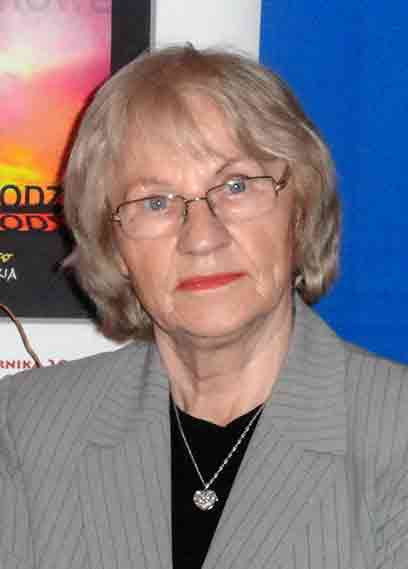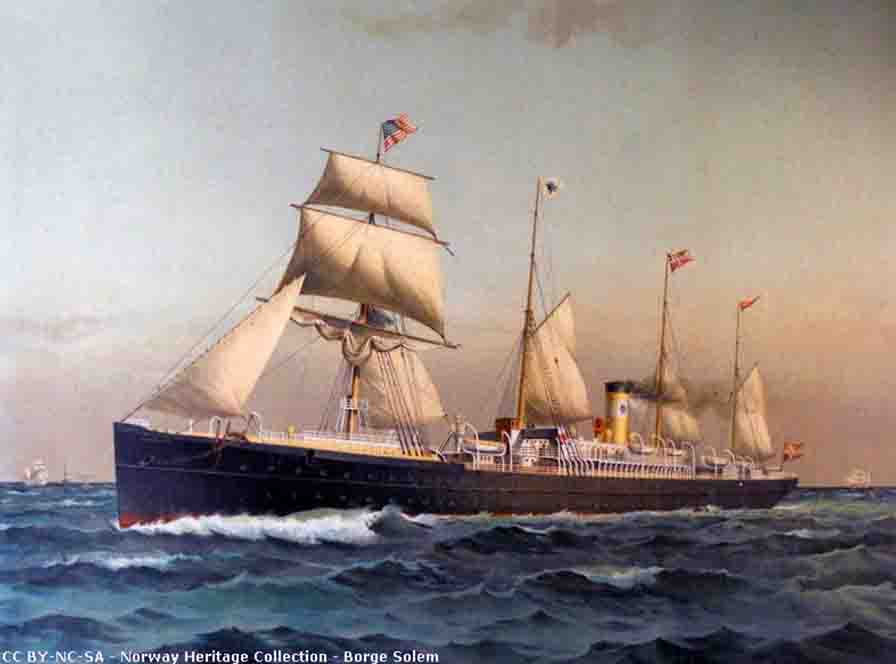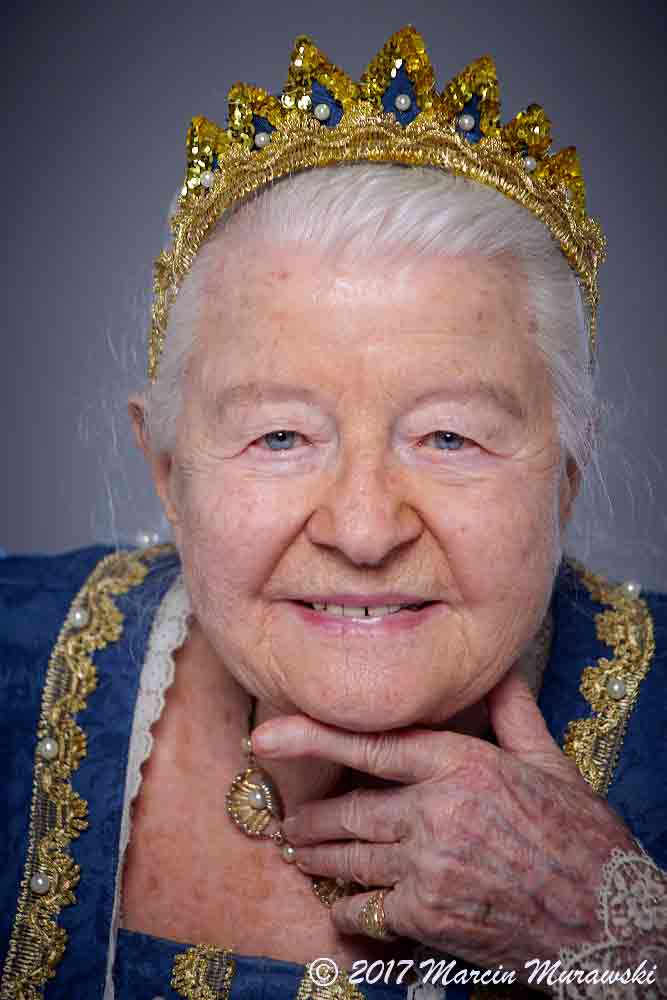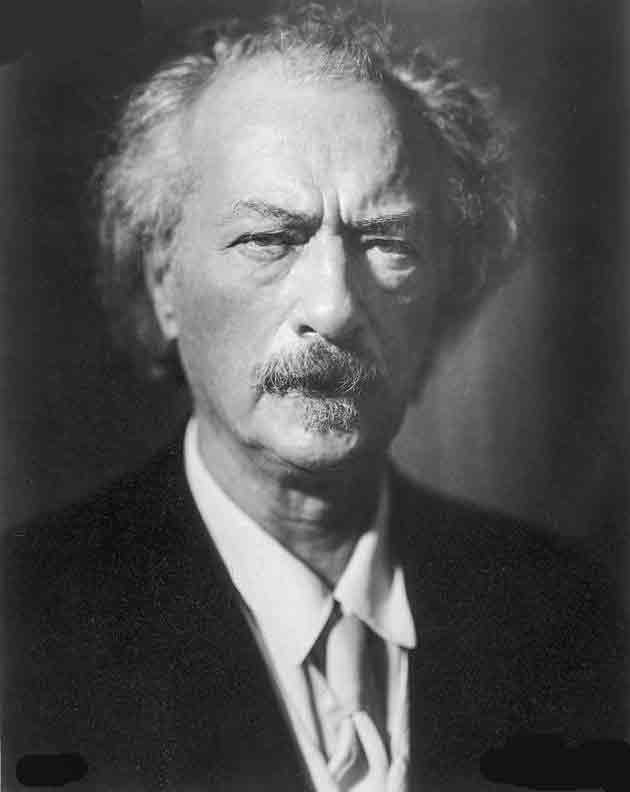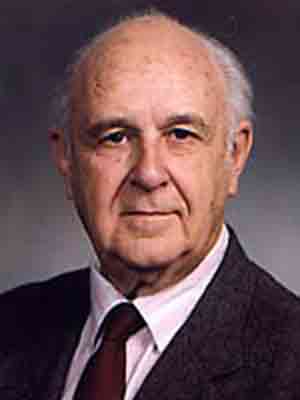Just two days after the anniversary of Poland regaining independence, on November 13 this year, Janusz Sporek died in a New York hospital.
For the Polish diaspora in Wisconsin, Janusz Sporek is associated with the image of "a man with a baton," or someone standing at the head of the protesters at the Katyn Monument. What is hidden in this picture? Who was Janusz Sporek? He is associated primarily with New York, but his voice and the voice of his choirs were heard not only in Brooklyn and Greenpont.
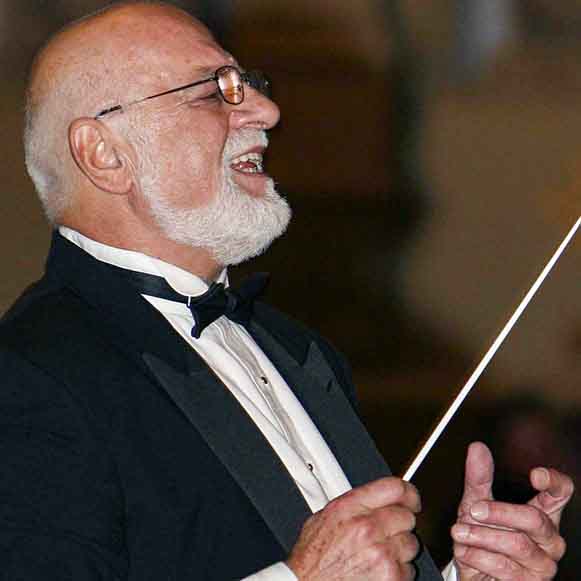
He was born on April 4, 1948 to a patriotic family in the small town of Rajcza in the Żywiec region. He graduated from music school in Rybnik, in the violin class. He studied music at the University of Silesia. After graduation, he worked in a community center and schools as a music teacher. He has always worked closely with the community in which he lived. Then he founded the Mining Song and Dance Ensemble "Górnicy" (The Miners), with which he performed in many centers and at festivals in Western Europe. He was proud that he managed to create artists out of miners in the small town of Leszczyno near Rybnik. He was associated with Rybnik and Silesia for over 20 years and always returned to Rybnik.
Unfortunately, foreign travels brought the band's creator a lot of trouble. It was the seventies. Each trip was thoroughly vetted by the security service. After one of the extremely unpleasant interrogations, in 1987 Janusz Sporek decided to leave for the United States. Like most emigrants, at the beginning of his stay, he took up various jobs: he worked at a construction site, he was a driver, painter, and plumber. This is how the majority of Polish emigrants started, but for many it was just the beginning of the road, obtaining the minimum of subsistence, establishing their proper activity upon it, and starting to fulfill their dreams. This was the case with him.
He founded the first choir, "Hejnał" (Eng. bugle call), in the United States in 1988. A year later in the Cathedral of St. Patryk, he conducted a large concert for the orchestra and choir on the occasion of the 50th anniversary of the outbreak of World War II. This concert gathered three thousand viewers and listeners and opened the way for him to return to his musical career. On November 11, 2007, on the occasion of Independence Day, he organized a concert in the same cathedral with the Susquehanna Symphony Orchestra from Maryland and three choirs. The concert was free, and 4,000 people, not only Poles, listened and watched it.
The Polish musician also appeared as part of the American cultural life. He organized and performed concerts in the most prestigious concert halls of New York, California, and Florida. He has collaborated with many outstanding ensembles and soloists. He promoted Wojciech Kilar's music in America, composed music for the film "Payday", founded and ran a music school — Music Education Center — in which he introduced children to the enchanted world of music. He founded several choirs, brought outstanding Polish musicians and composers to concerts, performed and promoted Polish classical and contemporary music, wrote columns for Polish-American periodicals, and ran his own blog. He was a man very preoccupied with professional matters, but he always had time for important matters related to Poland.

He actively defended the good name of the Fatherland. We have watched him many times in the lead of protests against the use of the false term "Polish death camps". He vocally opposed Law S.447 in staged protests outside One Federal Plaza in Manhattan and the White House in Washington.
His great success was the fight to preserve the Katyn Monument. As the chairman of the Committee for the Protection of the Katyn Monument and Historical Objects, together with Sławomir Platta, he contributed to allowing the Monument to remain, ensuring its perpetual location, in which it was erected in Jersey City, NJ. It was a very important issue for the entire Polish community. The monument symbolizes part of our history. Giving it up would be tantamount to giving up freedom, and yet "nations that lose their memory lose their lives".
His great successes also included daily work for the Polish diaspora, for example by persuading people to take part in elections, helping with registration, and making people aware of the favorable trends for the Polish diaspora and Poland.
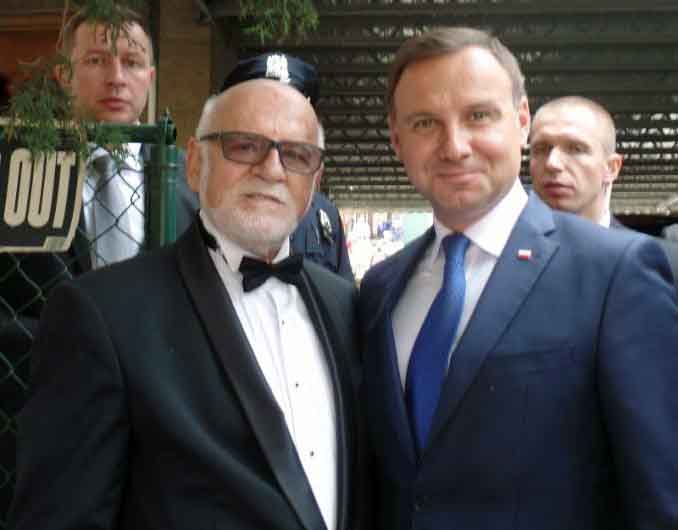
For his activities, he has been honored with many prestigious awards, including the Medal for Merit to Culture - Gloria Artis, with the Past/Future award granted by the Janusz Kurtyka Foundation, and the statuette of the "Golden Owl" awarded by the Club of Polish Intelligentsia in Austria, considered to be the Polish "Oscar".
Let the thankful memory of his countrymen in Poland and in exile be the most important award for everything that Janusz Sporek did for the Polish culture and the Polish community. People like Him are unique and irreplaceable, but their ideas can and should be continued. We regret to say goodbye to the Maestro, but we are proud that we had Him among us.
All photographs are from the private collection of the Sporek family.
Translated from Polish by Andrew Woźniewicz.



